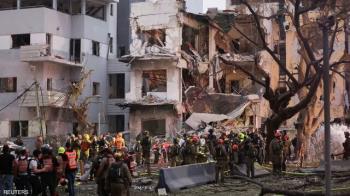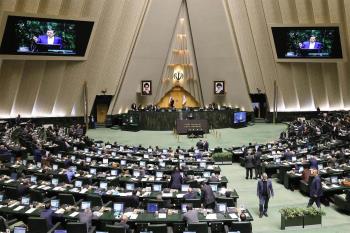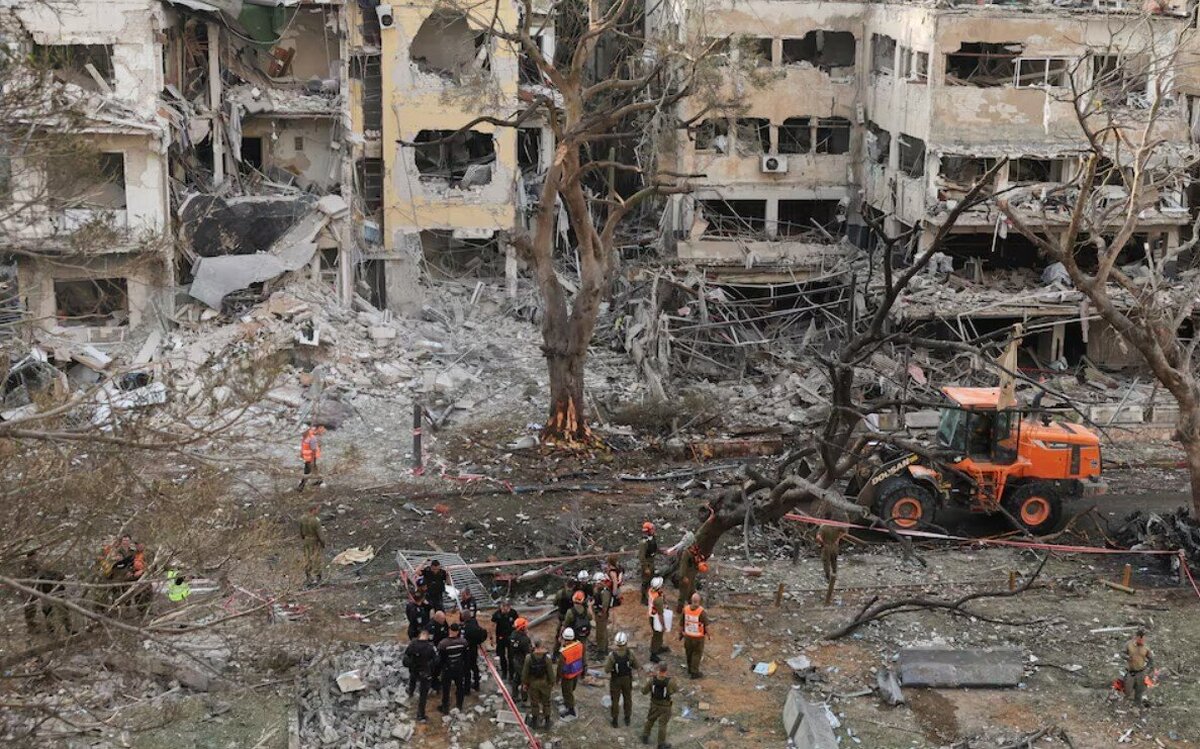Alwaght- Emerging reports suggest that war Israel waged against Iran has cost the Israelis dearly, with some economists warning that if war continued, it could have led to full Israeli economic collapse. According to Israeli economic data published on Wednesday, Israel has sustained $12 billion in economic damage during its 12-day war with Iran. This includes military costs, damage from Iranian missile strikes, compensations to people and businesses, and reconstruction costs. According to The New Arab, analysts expect this amount to increase to $20 billion after full assessment of direct and indirect damages of the civilians.
On the other hand, according to Yedioth Ahronoth, the Israeli treasury has already taken a cost of 22 billion shekels ($6.46 billion). Meanwhile, the Israeli military has made several financial requests over the past few months, initially for 10 billion shekels, then 30 billion shekels before the start of the war, and finally requesting 40 billion shekels ($11.7 billion) in additional funding to replenish its weapons stockpiles to purchase more interceptor missiles and offensive munitions and maintain reserve forces.
These amounts do not include the current costs of temporary settling of Israelis evacuated from some regions influenced by the Iranian missile strikes and also damages inflicted on the properties. Reports suggest that reconstruction of these properties could add 1 billion-1.5 billion shekels (between $294 million to $440 million) to the costs of war.
It has been said that Israel may take measures such as raising taxes to cover the costs of the war and compensate for its budget deficit, which increased during the Gaza war. However, on the other hand, businesses in the occupied territories have also been severely affected, and due to the decrease in revenues, it is difficult to increase public taxes.
Categories of war costs for Israel
According to Israeli sources, the damages to the Israeli regime as a result of war with Iran include several categories:
- $10 billion shekels ($2.9 billion) include military costs like munition, air operations, and preparations for the reserve units
- 5 billion shekels ($1.5 billion) in compensation for businesses, workers, and 15,000 displaced civilians
- 5 billion shekels ($1.5 billion) in damage for buildings and infrastructure
Begging for US help
A source in the Israeli Ministry of Finance told Yedioth Ahronoth that Israel may request further funding from the US either through direct aid or loan guarantees to cover the war costs and meet war needs.
Daily bill of war with Iran
Adam Bloomberg, deputy economic director of the Israel Federation of Labor, told Ma'ariv news that the economic shutdown caused by the war with Iran has cost the Israeli economy about 1.5 billion shekels ($294 million) per day, meaning that businesses have lost more than $3.5 billion during the 12-day war with Iran.
Israeli economist Yehuda Sharoni, citing a Reichman University report published on the Israeli Walla news website, estimated that the month-long war will cost Israel 40 billion shekels ($11.76 billion). On the other hand, damage to property, including homes, cars and personal belongings of Israelis, is currently estimated at 3 billion shekels (about $810 million). This figure does not yet include indirect losses such as compensation to companies (about 5 billion shekels) and the hit to the country's GDP.
Israeli business newspaper Calcalist reported that Netanyahu's cabinet has spent approximately $5 billion, namely $725 million per day, on offensive operations against Iran and measures to intercept missiles and drones launched from Iran, although compensation alone is expected to cost at least five billion shekels ($1.5 billion).
Market losses
The Israeli financial markets expect the government deficit this year to go 6 percent beyond the GDP, crossing the 4.9 percent ceiling set by the finance ministry.
The Marker newspaper reported on Monday that direct damage from Iran’s missile attacks has already exceeded 5 billion shekels ($1.5 billion).
Israel has also spent billions more to counter the intensive Iranian missile and drone attacks. The attacks have disrupted energy and fuel supplies across the occupied territories and dealt a major blow to the regime’s capital markets, including a direct attack on the Tel Aviv Stock Exchange building that sent shares of almost every company plummeting. Some economists have warned that if the war had continued, Israel could face a full-scale economic collapse.
According to the Financial Express, Israel spent about $5 billion in the first week of attacks on Iran, $593 million of which went to offensive strikes and $132 million to counter missiles fired from Iran each day. Also, the Wall Street Journal reported that Israel’s missile defense systems cost between $10 million and $200 million a day to operate.
Naser Abdul Karim, a professor of financial affairs at American-Palestinian University, told Abadolu news agency that this war not only impacted the Israeli military budget but also Israeli production capacity. He estimates that total direct and indirect damage of war could reach $20 billion. He adds that Israeli budget deficit could increase 6 percent and paying compensations to damaged families and businesses could press the public budget even heavier.
According to the Israel Tax Authority, more than 10,000 people were evacuated in the first week of the war, and more than 36,000 have applied for compensation. The university professor warned that Netanyahu's cabinet may resort to several measures to cover the budget deficit, including cuts to public spending in health and education, tax increases or increased borrowing, which could push the debt-to-GDP ratio beyond 75 percent.
Damage to infrastructure
A report by the Financial Times suggests that Iranian attacks mainly targeted vital infrastructure in Tel Aviv and Haifa. This includes a missile attack on Bazan, Israel's biggest oil refinery, shutting down the infrastructure and imposing $3 million in daily damage.
Ben-Gurion International Airport also suspended operations after Iranian retaliatory attacks. Ben-Gurion, Israel’s largest airport, usually handles about 300 flights and 35,000 passengers a day, and as of Sunday, it had only reopened to facilitate the evacuation of passengers, and the disruption is expected to exacerbate Israel’s economic damage.
Meanwhile, Israeli airline El Al suspended flights and rerouted planes to avoid potential threats, reportedly causing losses of $6 million.
Financial markets did not survive damage caused by escalation either. Reports say that an Iranian missile struck Israel Diamond Market Exchange, which accounts for around 8 percent of Israeli exports. The attack made panic among the investors, causing massive sales of assets and further instability to the market. Furthermore, the losses at the Weizmann Institute of Science alone, in addition to the damage to the Bazan Oil Refinery in Haifa, are estimated at about 2 billion shekels (about $540 million), which is seen as a very large amount.



























